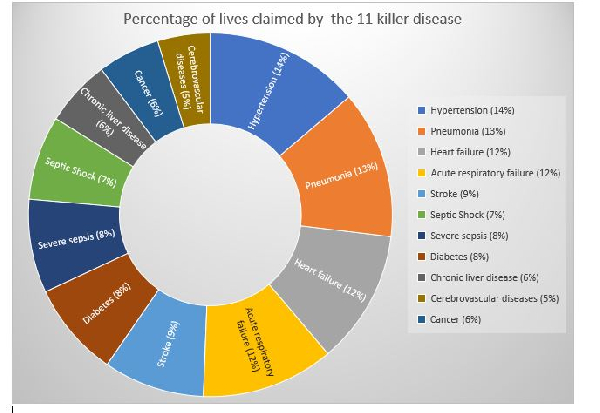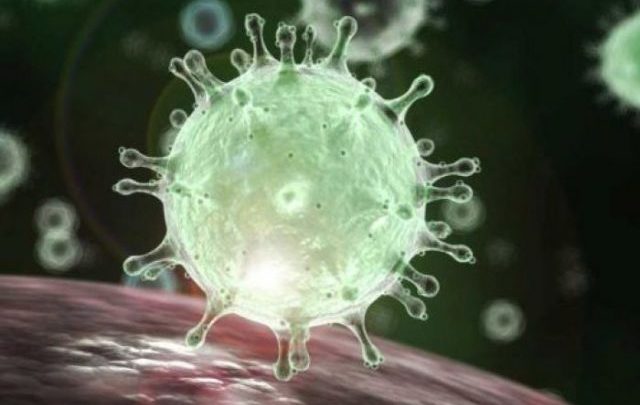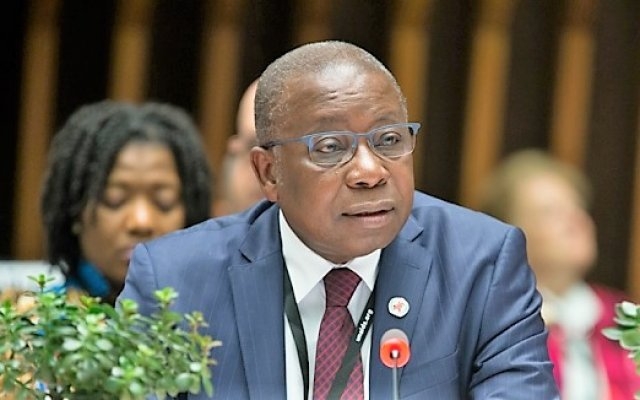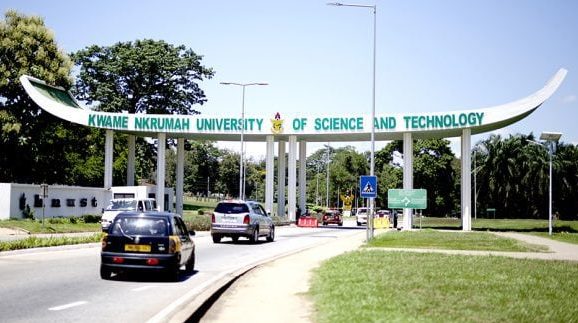High Blood Pressure: The silent demon killing vibrant youth and loved ones

In recent times, social media has become a platform where news of the sudden demise of young, vibrant individuals spreads rapidly. The comments section is often filled with disappointment and dismay, with many asking the common question, “Were they sick? They looked healthy.”
Various news reports have shown that hypertension, commonly referred to as BP among Ghanaians, topped the list of the top 11 diseases that killed people in Ghana in 2022.
According to Graphic.com.gh, the latest statistical report from the Births and Deaths Registry in Ghana revealed that 18,689 deaths, representing 36.7% of the 50,992 registered deaths, were attributed to the top 11 causes of mortality in the country.
Hypertension claimed the lives of 2,573 individuals, making it the leading cause of death, followed by pneumonia, heart failure, acute respiratory failure, stroke, diabetes, severe sepsis, septic shock, chronic liver disease, cancer, and cerebrovascular diseases.
Another report by world-heart-federation.org states that findings by the Ghana Society of Cardiology, SASNET, and the World Heart Federation revealed that an estimated 34% of Ghana’s population between the ages of 30 and 70 had hypertension or high blood pressure in 2022.
Highlighting more on this report, as sighted in a September 2022 Graphic.com.gh article, the Director-General of the Ghana Health Service (GHS), Dr. Patrick Kuma-Aboagye, stated that the data indicated that more than 600,000 people, including 400,000 females and 200,000 males, are diagnosed with high blood pressure every year, with many more affected individuals remaining undiagnosed.
A graphical representation of the distribution of the 11 top killer diseases in Ghana in 2022

The data showed that these diseases kill more males than females. For hypertension in particular, approximately 60% of the people killed by the disease are males.
This article will delve deeper into why high blood pressure is killing both the young and old at an alarming rate.
What is hypertension or high blood pressure?
The Centre for Disease Control describes Hypertension, also known as high blood pressure, as a serious medical condition in which the blood vessels are pushing against artery walls at a rate higher than they should. Known as “the silent killer,” hypertension can lead to heart attack, stroke, and kidney disease.
How is hypertension diagnosed?
Blood pressure is recorded with two numbers: systolic pressure, which is the force of your heart pumping blood, and diastolic pressure, which is the resistance to blood flow in your blood vessels between heartbeats. Hypertension is diagnosed when the blood pressure measures 130/80 mm Hg or higher.
The American College of Cardiology and the American Heart Association divide blood pressure into four categories:
1. Normal blood pressure: Lower than 120/80 mm Hg
2. Elevated blood pressure: The top number ranges from 120 to 129 mm Hg, and the bottom number is below 80 mm Hg
3. Stage 1 hypertension: The top number ranges from 130 to 139 mm Hg or the bottom number is between 80- and 89-mm Hg
4. Stage 2 hypertension: The top number is 140 mm Hg or higher, or the bottom number is 90 mm Hg or higher
What are the signs and symptoms of high blood pressure?
High blood pressure is often described as dangerous and a silent killer because it often has no warning signs or symptoms. The disease can go undetected for years and become even more fatal when left uncontrolled.
The Center for Disease Control states that measuring your blood pressure is the only way to know whether you have high blood pressure. However, the World Health Organization states that people with very high blood pressure (usually 180/120 or higher) can experience symptoms including:
– severe headaches
– chest pain
– dizziness
– difficulty breathing
– anxiety
– abnormal heart rhythm
What can increase your risk of getting high blood pressure?
According to the World Health Organisation (www.who.int), factors that can increase your risk of having high blood pressure include:
– older age
– genetics
– being overweight or obese
– not being physically active
– high-salt diet
– drinking too much alcohol
What are the treatments for hypertension?
Lifestyle changes can help lower high blood pressure. These include:
– eating a healthy, low-salt diet
– losing weight
– being physically active
– quitting smoking
– managing stress
In addition to making positive lifestyle changes, some people with high blood pressure need to take medicine to manage their blood pressure.
Talk with your healthcare team right away if:
– you think you have high blood pressure
– you’ve been told you have high blood pressure but do not have it under control
By taking action to lower your blood pressure, you can help protect yourself against heart disease and stroke, also called cardiovascular disease (CVD).
You only live once; take action to protect your life. Some people stop taking their drugs when they get introduced to some herbal preparations.
Most of these preparations are claimed to be the cure for hypertension. Stick to your doctor’s prescriptions and only stop if your doctor asks you to.
Source: www.ghanaweb.com





